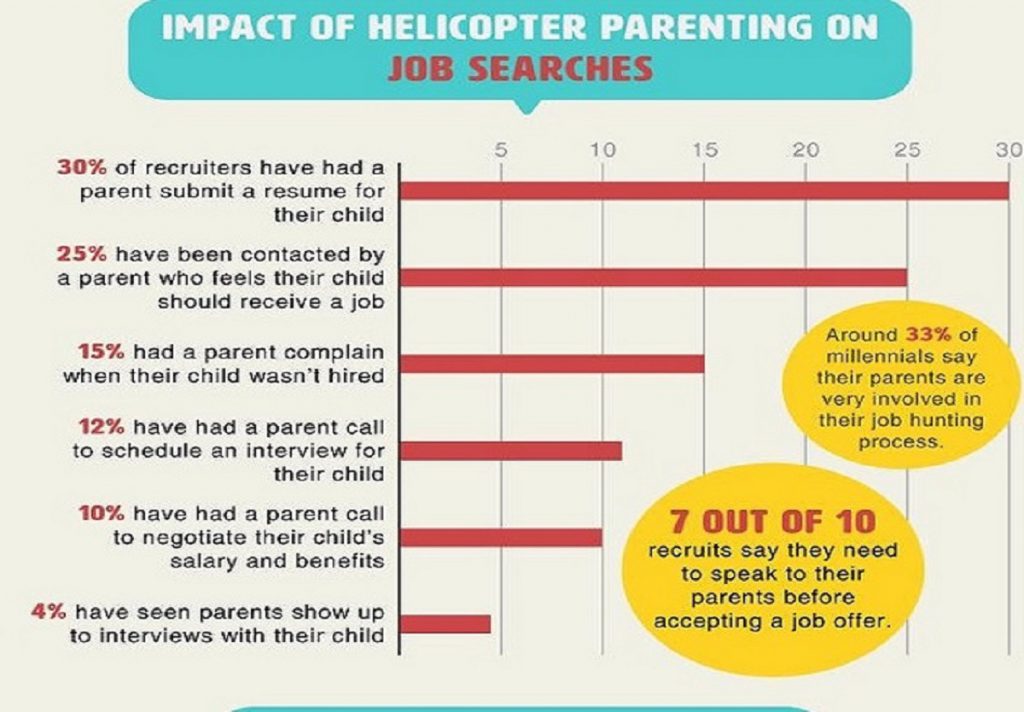A friend came to my house with his 8yr old son. Within a few hours, the boy needed to use the toilet, and surprisingly, his father kept going there from time to time to check on him. I was taken aback because how do you worry if an 8yr old has good toileting habits? There is something wrong here.
Another father comes for a meeting with my husband and brings along his kids aged 5 and 8 yrs. He went in for the meeting in another room, but to my surprise, he kept coming back every 10 minutes to check on the children. By the third time, I just had to ask him if he was expecting something to happen to them, considering they were in the care of two responsible adults?
I have noticed this growing trend with the 21st-century parent – the tendency to hover nearby and want to take over every single aspect of the child’s life. Why? To prevent them from being unhappy, making a mistake, falling, hurting themselves, getting disappointed, being bored or just ensuring they get things done perfectly. It is a disease known as over parenting or helicopter parenting.
Are you a helicopter parent? Let us find out…take this quick quiz to find out if you have got over parenting tendencies.
Do you
- Step in quickly to settle fights between your child and their siblings or friends?
- Follow them all over the playground to try and catch them before they fall?
- Clear their plates for them after meals?
- Make their beds and tidy their rooms even when they are over 10yrs
- Still tie your child shoe laces and pack their snacks?
- Stand over them when doing chores and take over if you feel its not being done properly?
- Don’t allow them cook because you think the knives are too sharp and they could burn themselves using the cooker?
- Take over their home work when they are too slow or homework is too difficult or not doing it “well”?
- Rewrite your child’s essays or redo their projects so they can get an A+?
- Help your child cheat to get a pass mark/highest score? Or pull strings to get them that scholarship, a part in the play?
- Complete their university college forms or submit their CVs for a job?
- Drop them at a friend’s place and call every 10 minutes to check up on them?

If you answer yes to at least five (5) of these, then you just might be over parenting your child.
While you might not notice the adverse effect your over parenting is having on your child while they are young, it negatively impacts on their ability to be responsible adults in the future. Over parenting causes the child to grow up being dependent on Mummy and Daddy to solve problems and take decisions for them because that’s the way they have been brought up. They haven’t learnt to take the initiative, handle issues, failures and disappointments which life will definitely throw at them. All resulting in higher levels of anxiety and depression when on their own. Also, they won’t learn to take full responsibility for the outcome of their actions – whether good or bad. Training your child requires a good balance between guiding them and taking over their life.
Today, I come across a lot of millennials who have gone to the best schools, have the best of experience and have all it takes to be successful. However, success eludes them because they can’t seem to get on in life as responsible adults without parental intervention. See some examples of over parenting your child at adult stage

If you are guilty of over parenting, here are a few key rules to break the over parenting jinx:.
Rule #1 Never do for your child, what they can do for themselves.
Rule #2 Don’t rescue your child from a challenge. Teach them how to face it.
Rule#3 Don’t manage your child’s relationships or communications for him or her.
Rule #4 Don’t help your child escape consequences for his or her actions (unless it’s unfair or life altering).
Rule #5 Don’t raise your child to expect to get something they don’t deserve or earn – the job, the scholarships (and parents don’t use your “muscle” power to get it for them).
Rule #6 Don’t impose your goals and wishes on them. Learn to listen to your child.
On a final note, It is not what you do for your children, but what you have taught them to do for themselves that will make them successful human beings – Ann Landers


